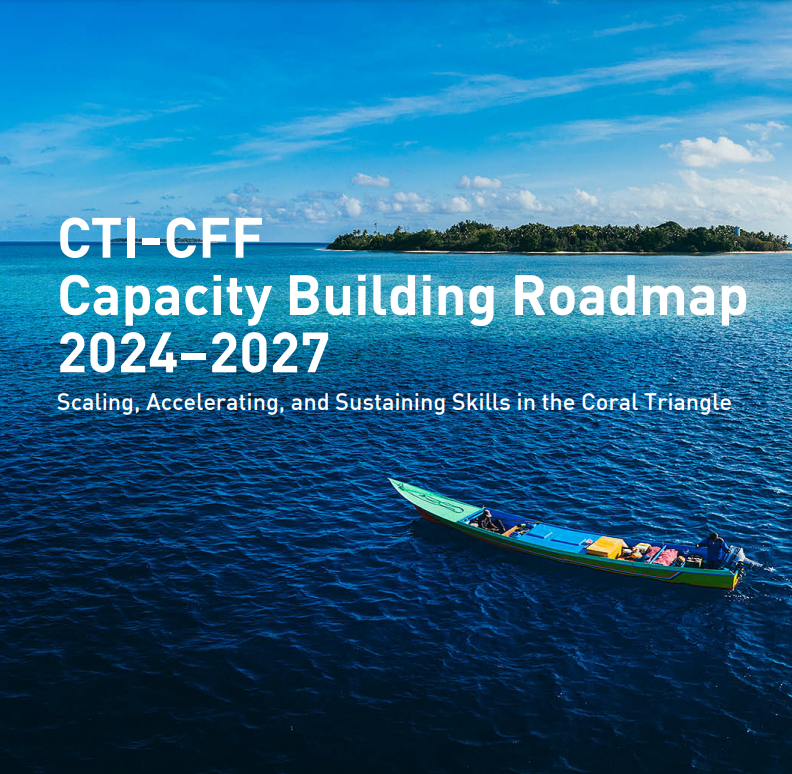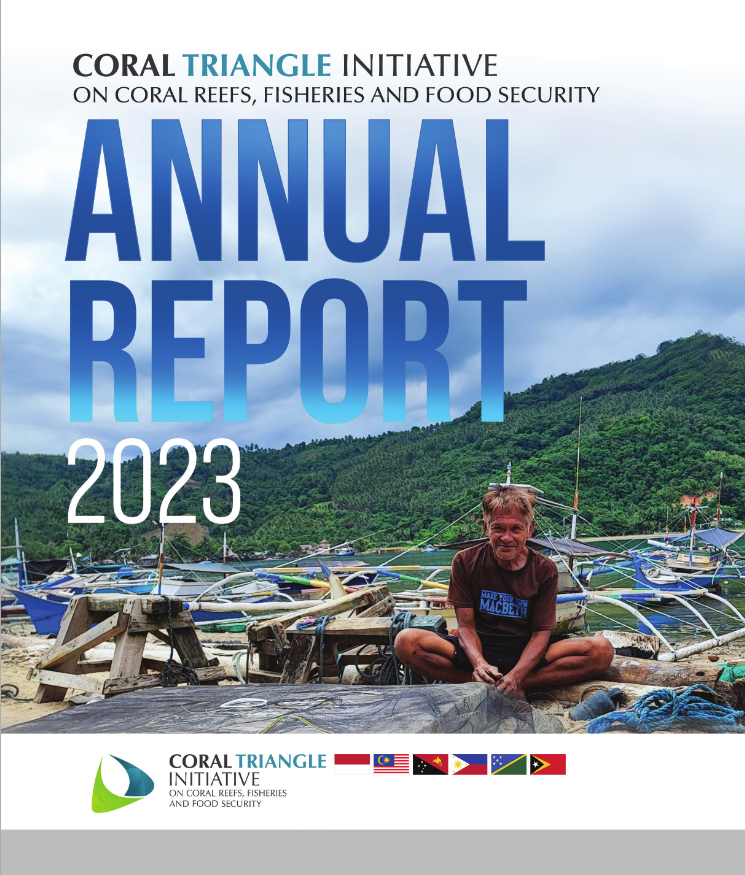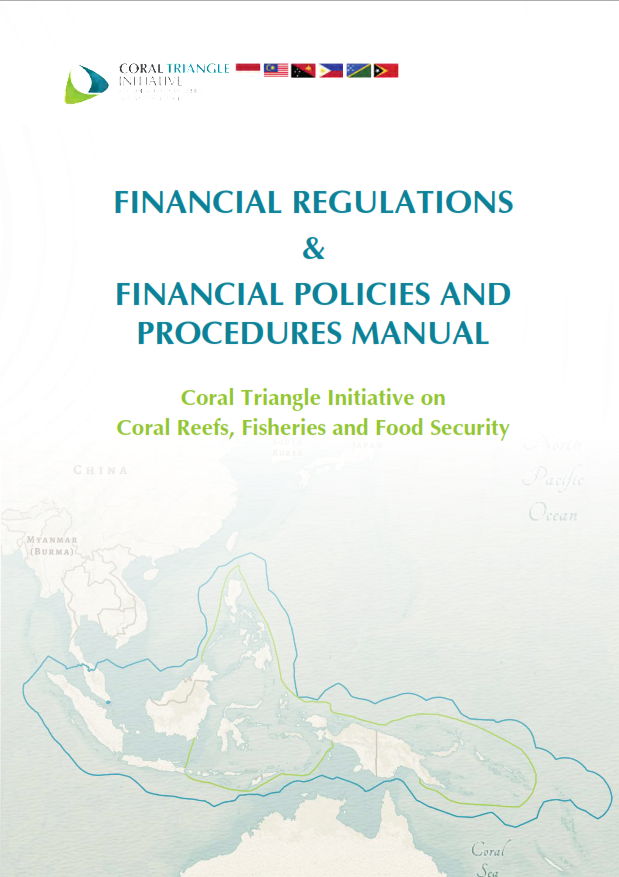Ecosystem Approach to Fisheries Management Will Be Implemented in Six Member Countries of Coral Triangle through Cooperation with SEAFDEC
Jakarta, 3 August 2015 – Coral Triangle Initiative on Coral Reefs, Fisheries and Food Securities (CTI-CFF) represented by the Regional Secretariat and EAFM Working Group, and South East Asian Fisheries Development Center (SEAFDEC) gathered today in Jakarta to formulate the action plan concerning the implementation of Ecosystem Approach to Fisheries Management (EAFM) in six member countries of Coral Triangle Initiative. During the meeting, agreement on various cooperation initiatives was made. The cooperation will focus on exchange of knowledge and resources, researches, as well as training and education to stakeholders concerning practices of fisheries management in a sustainable manner.
Marine resources possess vast economic benefit for communities living in coastal areas and public. WWF in its report on 2015 estimated that worldwide marine potentials worth more than US $ 2.5 Trillion. Meanwhile, for Indonesia, Malaysia, Philippines, Papua New Guinea, Solomon Island, and Timor-Leste which are located within the area of Coral Triangle, marine resources is crucial as it becomes the main livelihoods for more than 120 million of people. ADB report in 2014 noted that fisheries sector contributed as much as US $ 1.2 Trillion to GDP of six Coral Triangle Countries (CT6), with captured fisheries valued US $ 9.9 Billion, representing 10.5% of the global market.
Marine ecosystem preservation and empowerment are crucial as it will provide continuous contribution for coastal community’s welfare. Unfortunately, nowdays, the existence of marine ecosystem and coral are endangered due to irresponsible human activities in fishing practices which bring damages to the environment. Widi Pratikto, Ph.D the Executive Director of Regional Secretariat of CTI-CFF explained, “Marine ecosystem in Coral Triangle region is in an alarming situation. Overfishing and the use of explosives in fishing activities are becoming main reason of the damages."
Given this condition, CTI-CFF as a multilateral cooperation aims at encouraging the collaboration between governments and stakeholders in preserving marine biodiversity, collaborates with SEAFDEC to promote ecosystem approach to fisheries management programs in the area of Coral Triangle. The area of cooperation will cover issues related with better overfishing management, prevention of illegal fishing as well as marine resources trade governance.
“We and CTI-CFF will synergize our experts’ resources, research findings, and experiences to support the implementation of ecosystem approach to fisheries management. We believe that this regional cooperation will bring beneficial impact to increase the quality of life of coastal community in ASEAN and Coral Triangle regions”, said Dr. Chumnarn Pongsri, Secretary General of SEAFDEC.
The agenda of today’s discussion concerning action plan is a follow-up of the signing of MoU in Chiang Rai, Thailand, on 3 April 2015. “CTI-CFF will work closely with SEAFDEC in the area of human resources empowerment, research and development, consultation, and information networking management for the upcoming 5 years”, said Dr. Aryo Hanggono, Chair of EAFM Working Group CTI-CFF.



